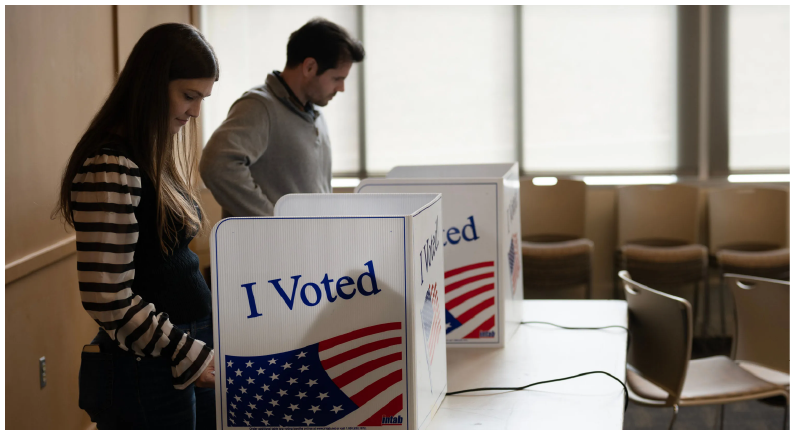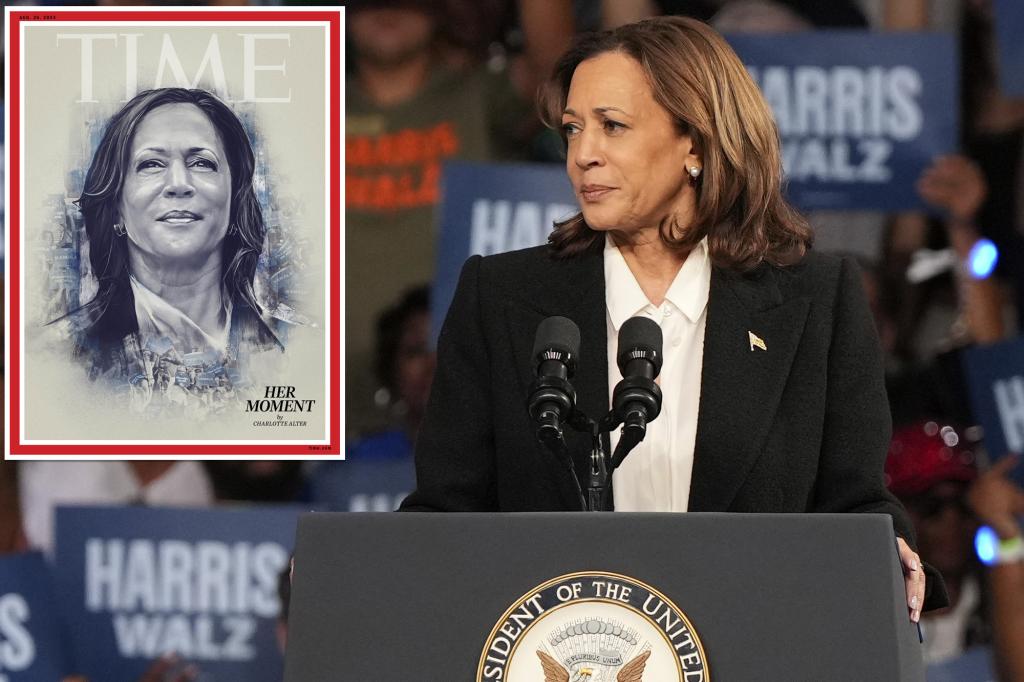Apathy Among Christian Voters: A Potential Game-Changer in the 2024 U.S. Election
(WASHINGTON, 10.13.2024) – As the countdown to the 2024 U.S. election begins, a surprising trend is emerging that could significantly impact the outcome: a growing sense of apathy among Christian voters. A recent survey from the Cultural Research Center at Arizona Christian University reveals that only 51% of religious voters are likely to head to the polls this November. This statistic raises concerns about the potential influence of millions of Christian voters who may choose to abstain from participating in the democratic process.
Millions of Christians Opting Out of the Vote
The report estimates that out of 104 million eligible religious voters, a staggering 32 million regular churchgoers—those who frequently attend services—are expected to skip voting. This includes 14 million members of evangelical congregations. These figures highlight a significant disconnect between the potential voting power of Christian communities and their actual participation in elections.
Why the Disengagement?
So, what’s behind this growing disengagement? Several factors are at play. A notable 68% of respondents expressed a lack of interest in politics, while 57% admitted to disliking all major candidates. Additionally, over half (55%) felt that none of the candidates truly represented their views, and 52% believed their vote wouldn’t make a difference.
However, a more concerning reason for this disengagement is the apparent failure of churches to engage their congregations in discussions about civic responsibility. The survey found that only 56% of churches actively encourage their members to vote, and fewer than half provide teachings on key social issues. Topics like abortion, same-sex marriage, and law enforcement have rarely been addressed in sermons, with less than half of regular churchgoers reporting exposure to these teachings in the past two years.
A Call for Leadership from the Pulpit
Len Munsil, President of Arizona Christian University, sees this as a missed opportunity for churches to guide their members through the complexities of modern politics. While many Christians may not want to be told how to vote, they are eager to understand why voting is important from a biblical perspective. The survey indicates a strong desire among Christians for their churches to provide more instruction on how to apply their faith to political and social issues.
Munsil points to Proverbs 29:2, which states, “When the righteous are in authority, the people rejoice; but when the wicked rule, the people groan.” He warns that without pastors and church leaders stepping up to encourage civic participation and offer biblical insights into political decisions, achieving the kind of leadership that fosters positive societal change will be challenging.
Potential Impact on the 2024 Election
The stakes are high for the 2024 election, which is expected to be fiercely competitive. The absence of millions of Christian voters could significantly sway the outcome. In the 2020 election, the margin of victory between Donald Trump and Joe Biden was just seven million votes, with key swing states often decided by an average of only 60,000 votes.
The 32 million likely non-voting churchgoers represent a substantial block that could tip the scales in favor of either candidate. Their absence could also influence countless state and local elections, as well as critical ballot measures addressing issues like education, healthcare, and economic policy.
A Broader Consequence for Society
Munsil warns that the consequences of Christian disengagement extend beyond electoral outcomes. By opting out of voting, Christians risk allowing political decisions to be made without the influence of biblical values, leading to a society increasingly shaped by secular viewpoints rather than faith-based principles.
As Munsil and other religious leaders urge Christians to view voting as both a civic duty and a moral responsibility, the pressing question remains: will churches rise to the occasion and reignite civic engagement among their congregations? Or will the 2024 election be yet another missed opportunity for Christian voters to shape the future of their nation?
With election day fast approaching, the answer to this question could determine not just the outcome of the vote, but the direction of U.S. society in the years to come.
Thank you for reading our content. If you would like to receive ZENIT’s daily e-mail news, you can subscribe for free through this link.



